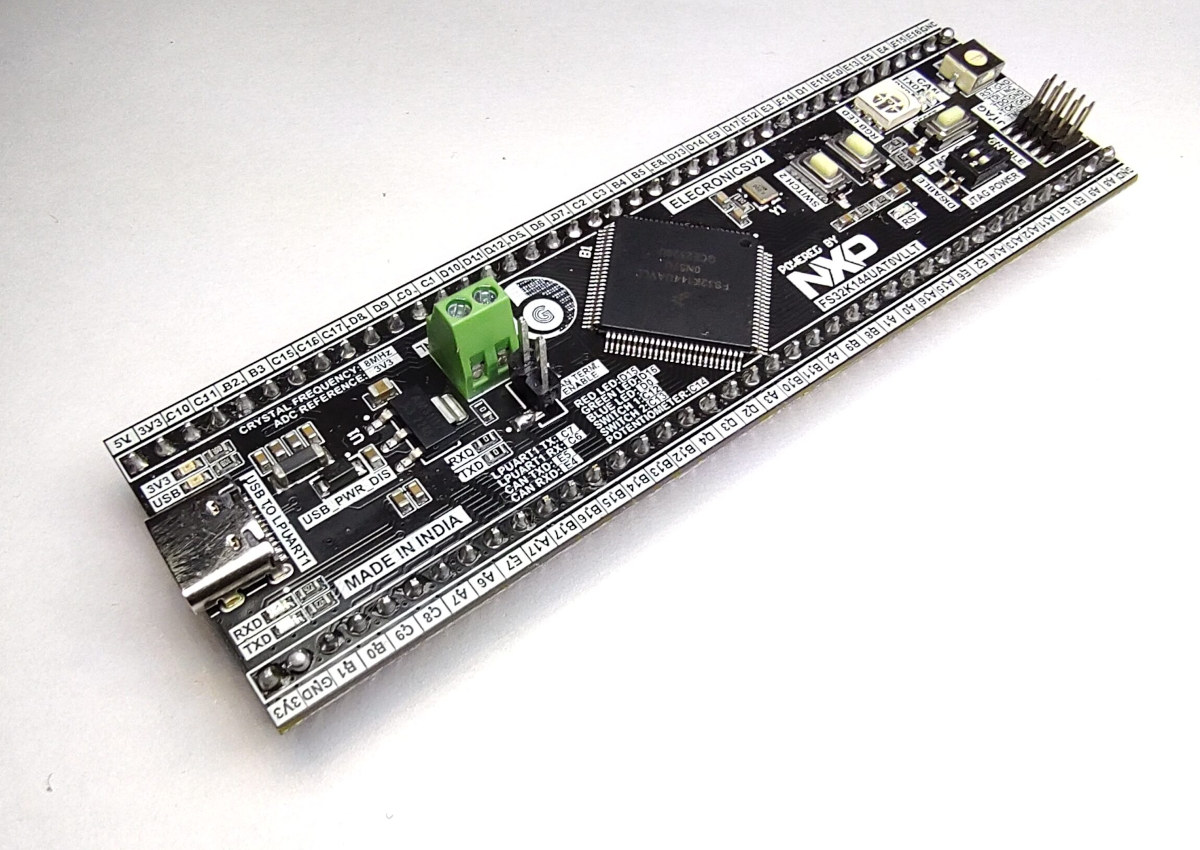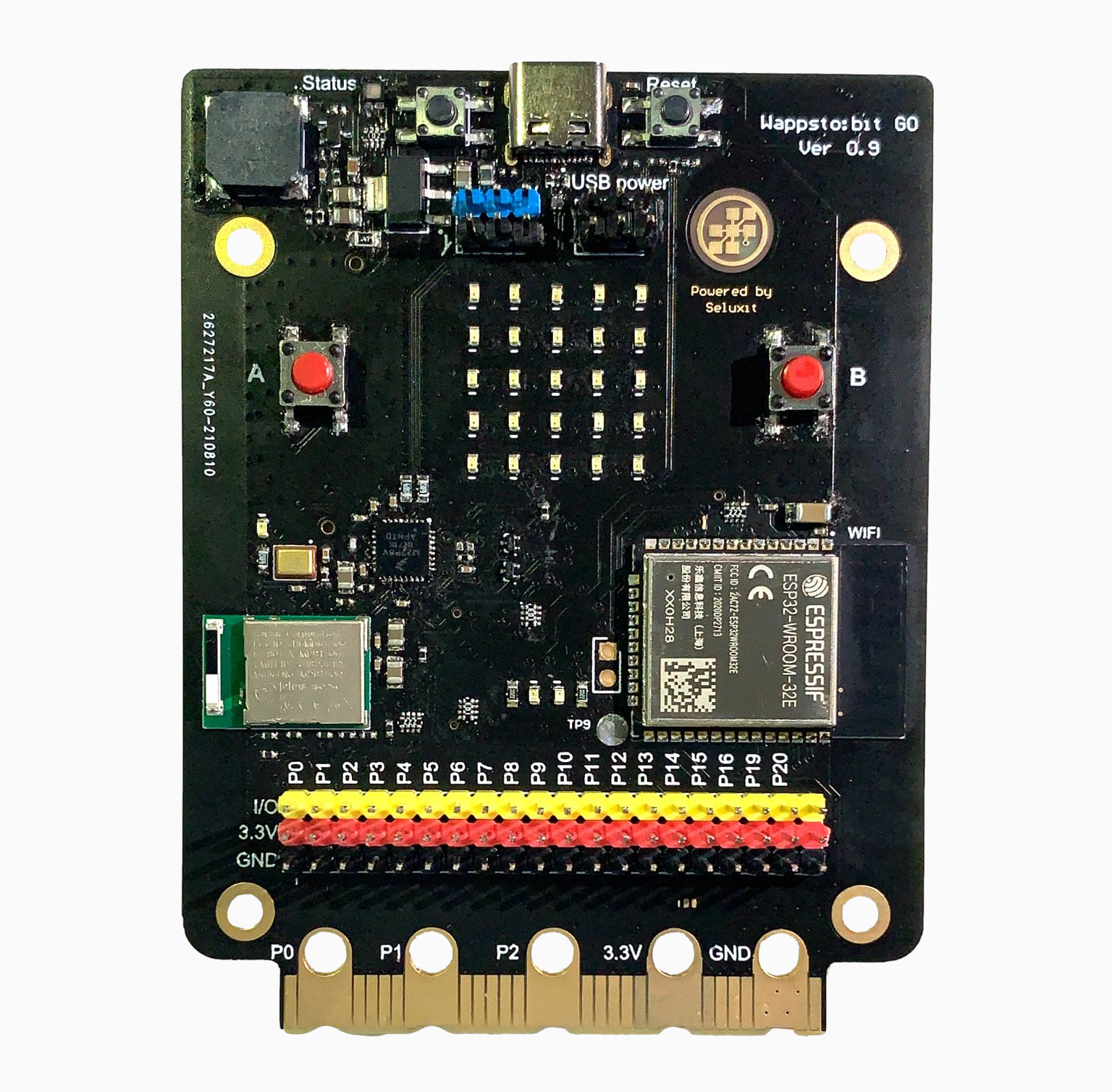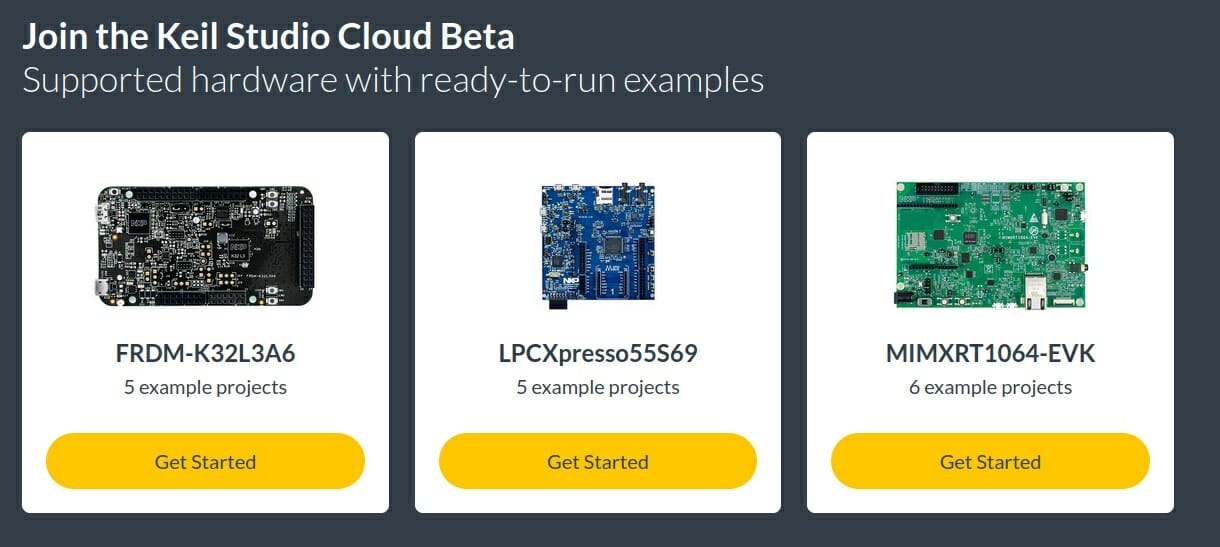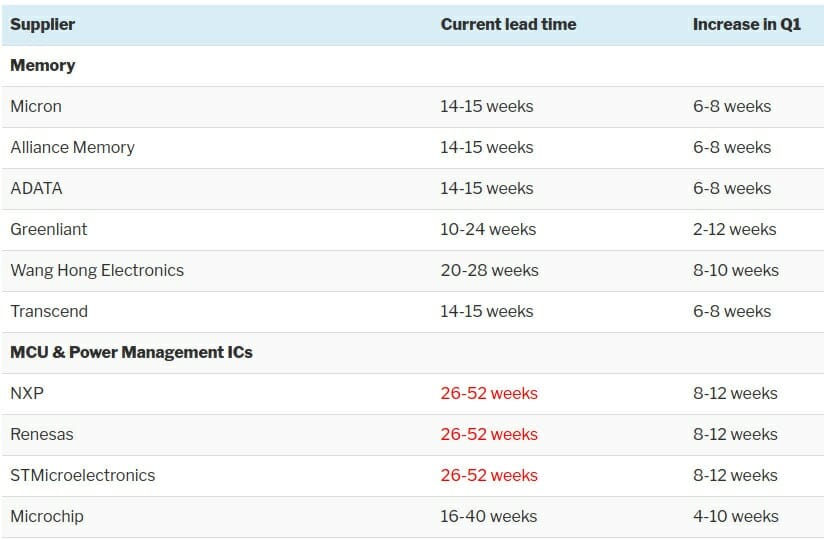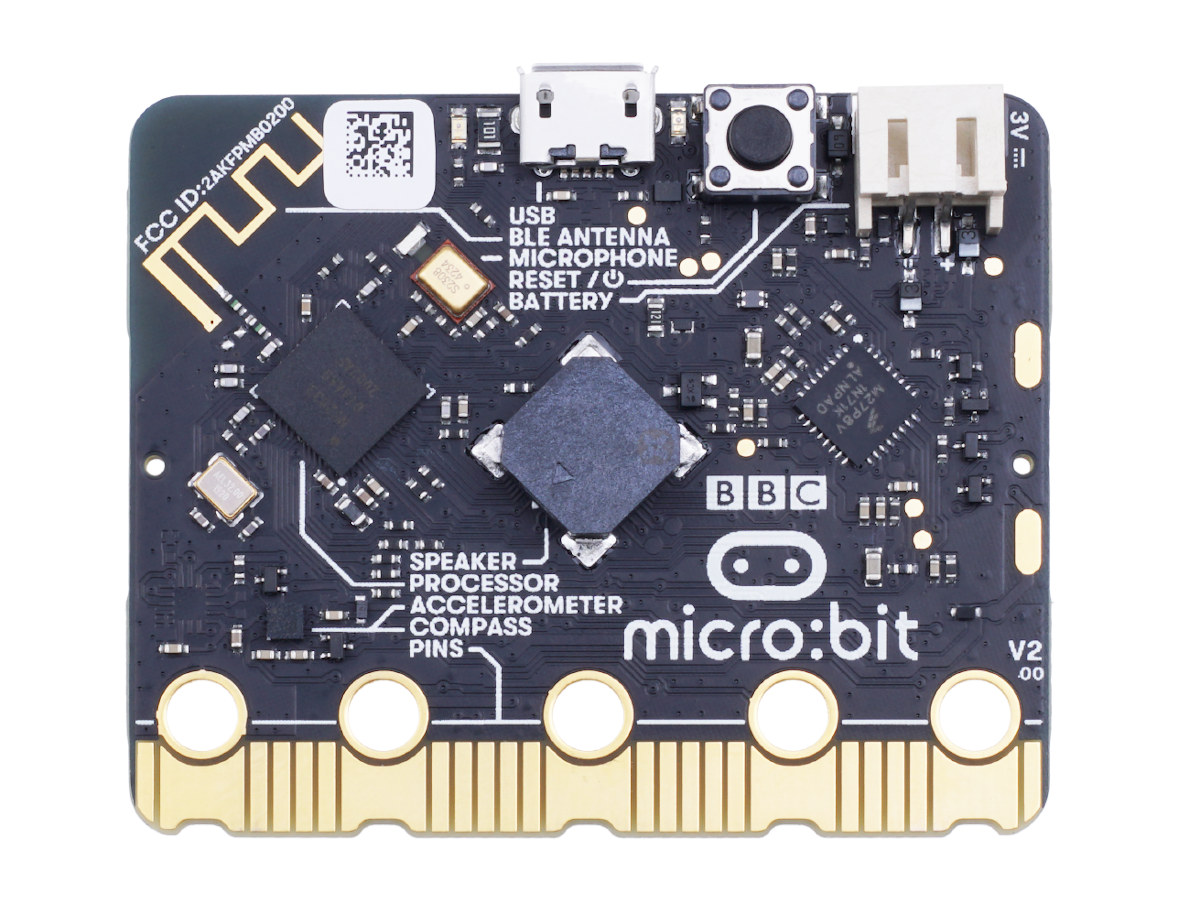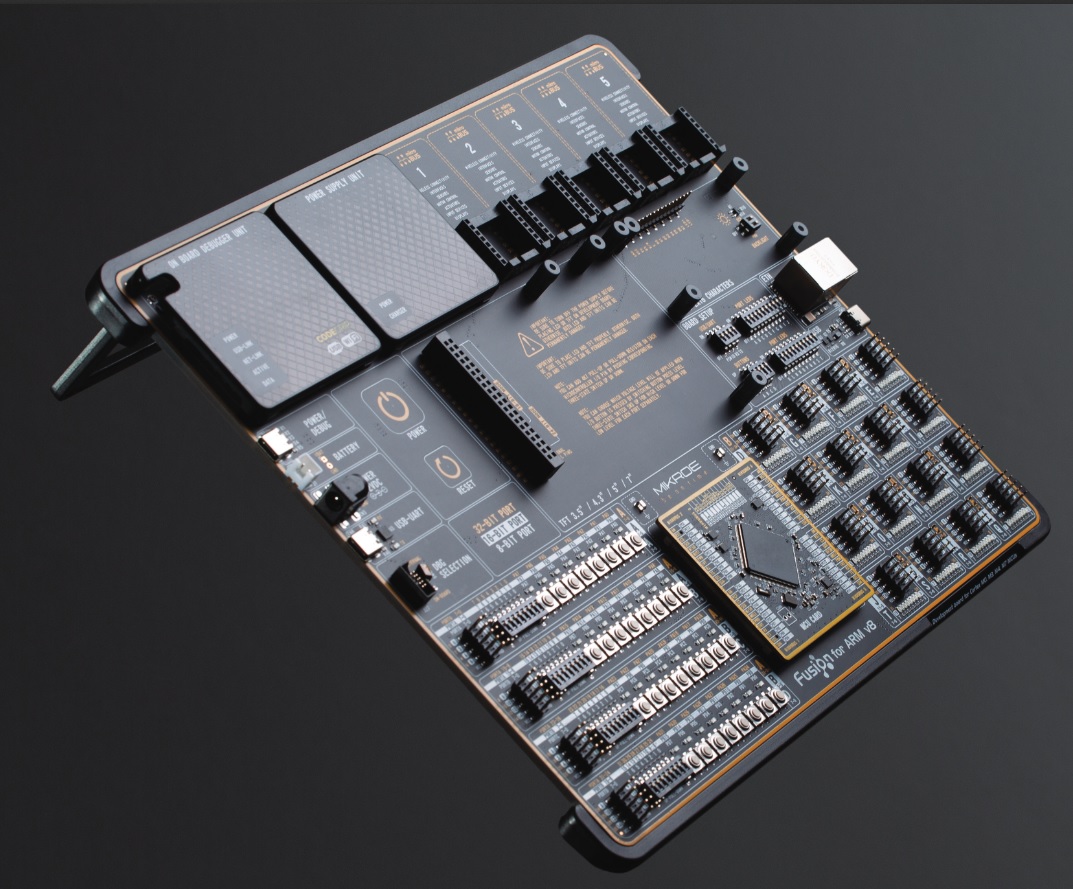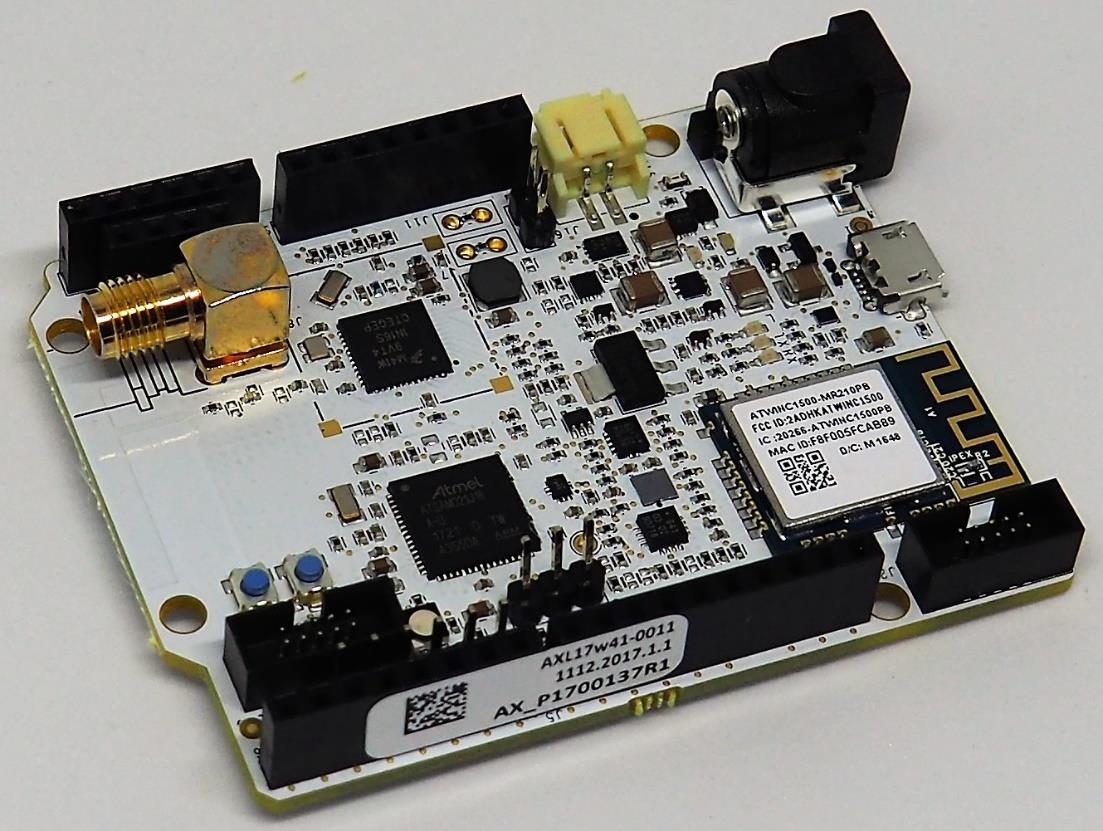ElectronicsV2 is a small development board based on the NXP S32K144 Arm Cortex-M4F microcontroller designed for automotive enthusiasts and tech hobbyists who may be interested in DIY projects such as an electric immobilizer, a CAN-based data logger, or experiment with vehicle-to-vehicle (V2V) communication Gettobyte aims to make the ElectronicsV2 the “Arduino of the Automotive World” with affordable pricing, plenty of I/Os, a 2-pole terminal block connected to a CAN transceiver, LED and buttons, and easy-to-follow documentation and tutorials. ElectroncisV2 specifications: MCU – NXP 32K144 32-bit Arm Cortex-M4F microcontroller @ up to 112 MHz with 512KB flash, 64KB SRAM, 3x FlexCAN interfaces in LFQP100 package CAN Bus – 2-pole terminal block connected to TJA105 CAN transceiver USB – 1x USB-C port for power and serial console Expansion – 2x 40-pin GPIO headers with CAN Bus, LPUART, ADC, LPSPI, FlexIO, EWM, LPI2C, TRGMUX Debugging Onboard UART for debugging via USB Type-C cable […]
Wappsto:bit GO – An ESP32 board with plenty of sensors, Micro:bit compatibility (Crowdfunding)
Wappsto:bit GO is an ESP32 board compatible with BBC Micro:bit accessories thanks to a compatible edge connector, but adding WiFi to Bluetooth LE, and offering some extras compared to Elecrow Mbits ESP32-based BBC Micro:bit clone. The new board is notably equipped with a wider range of sensors including a light sensor, a magnetometer, and sound sensor beside the temperature sensor and accelerometer present in the original board, and it also exposes GPIO through a more traditional 2.54-pitch header to facilitate the integration of a wider variety of add-on boards. Wappsto:bit GO specifications: Wireless modules ESP32-WROOM-32E module with ESP32 dual-core microcontroller, 4MB flash, 2.4 GHz WiFi and Bluetooth LE connectivity, built-in PCB antenna Raytac MDBT50Q-512K Bluetooth 5.2 module based on nRF52833 with 512KB Flash MCU – NXP Kinetis KL2 Arm Cortex-M0+ microcontroller (MKL27Z256VFM4 ) with 256KB Flash (for USB port handling) Display – 25 LED matrix Sensors Temperature sensor, Light sensor […]
Arm introduces Open-CMSIS-Pack and Keil Studio Cloud for MCU software development
Arm has just announced two new initiatives that aim to boost the productivity embedded, IoT, ML, and MCU software developers: the Open-CMSIS-Pack project and Keil Studio Cloud. The Open-CMSIS-Pack Project The Cortex Microcontroller Software Interface Standard (CMSIS) packs have been around for years providing a vendor-independent hardware abstraction layer for microcontrollers, mostly Cortex-M based, but others too, and currently support close to 9000 different microcontrollers. I always assumed CMSIS was open-source as the source code is available in Github under an Apache 2.0 license. But apparently, not all components are, and Arm has now announced the Open-CMSIS-Pack project that will move part of CMSIS into the open project in collaboration with the Linaro IoT and Embedded Group. Linaro, Arm, and other partners like STMicro and NXP will initially focus their work on command-line tools and CMake workflows, with the ultimate goal of making the CMSIS-Pack technology into a true open […]
Semiconductors lead times in March 2021
As we previously mentioned previously there is a serious chip shortage that will lead to supply issues and higher prices for single board computers and other electronics products. A few days ago, Hardkernel had o increase the price for ODROID boards using DDR4 memory with increases of $3 to $4 for ODROID-N2+, ODROID-C4, and ODROID-HC4 boards. But besides price increase, some semiconductors will not be available at any price with extended periods as lead times of up to 52 weeks have been reported as shown in the table below, obtained from a trusted, anonymous source, which I have translated from Chinese. Every manufacturer is impacted, but items highlighted in red are severely impacted. Since include processors from Qualcomm, STMicroelectronics, and NXP, as well as Broadcom wireless chips which are found in nearly every SBC with WiFi or Bluetooth through Ampak modules. Here’s the source image in Chinese for reference. Jean-Luc […]
BBC micro:bit v2 board Unveiled with Nordic nRF52833 SoC, Microphone and Speaker
The original BBC micro:bit educational board was launched in July 2015 with a Nordic nRF51822 Arm Cortex-M0 MCU @ 16 MHz providing Bluetooth LE connectivity, a few I/Os, some buttons, and a LED matrix acting as a small display. The British company has now launched a new update with BBC micro:bit v2 with the same form factor, but equipped with a more powerful Nordic Semi nRF52833 Bluetooth 5.1 Arm Cortex-M4 MCU clocked at 64 MHz and adding a microphone and a speaker. BBC micro:bit v2 specifications: Wireless MCU – Nordic Semi nRF52833 Arm Cortex-M4 MCU clocked at 64 MHz with 128 KB RAM, 512 KB flash, Bluetooth 5.1 LE connectivity “Display” – 25x red LED indicator lights in a 5×5 matrix USB – 1x micro USB port for power and programming via NXP Kinetis KL27Z Cortex-M0+ microcontroller Audio – Built-in MEMS microphone and speaker Expansion 25 pins on edge connector […]
MikroElektronika Launches Fusion for ARM & EasyPic MCU Development Boards
During Embedded World 2020 (EW2020), some companies withdrew their presence, while some were at the event. MikroElektronika presented several new boards and among them Fusion for ARM v8 and EasyPic v8 development boards. While we already wrote about Fusion fo TIVA, we haven’t covered any EasyPic board yet. Development boards from MikroElektronika allow rapid prototyping in the most efficient and effortless way. Fusion for ARM v8 Fusion for ARM v8 belongs to the Fusion family of development boards. It has integrated the world’s first embedded debugger/programmer over WiFi, while the CODEGRIP WiFi license is available as an add-on feature. The board is designed to be used in almost every environment retaining full debugging and programming access. The CODEGRIP currently supports more than 1600 microcontrollers from different vendors. The Fusion board integrates a new MCU card standard. It is a low profile standard where sockets consist of two connectors (male/female) which […]
Arm Techcon 2019 Schedule – Machine Learning, Security, Containers, and More
Arm TechCon will take place on October 8-10, 2019 at San Jose Convention Center to showcase new solutions from Arm and third-parties, and the company has now published the agenda/schedule for the event. There are many sessions and even if you’re not going to happen it’s always useful to checkout what will be discussed to learn more about what’s going on currently and what will be the focus in the near future for Arm development. Several sessions normally occur at the same time, so as usual I’ll make my own virtual schedule with the ones I find most relevant. Tuesday, October 8 09:00 – 09:50 – Open Source ML is rapidly advancing. How can you benefit? by Markus Levy, Director of AI and Machine Learning Technologies, NXP Over the last two years and still continuing, machine learning applications have benefited tremendously from the growing number of open source frameworks, tools, […]
Arduino Compatible ASME TIGER Board Supports Thread on NXP Kinetis KW41Z WiSoC
The new Arrow ASME Tiger board is the latest addition to the ASME line up, with an eye towards IoT hardware prototyping. The board carries two MCUs for different types of development depending on the operators need. The board is Thread and WiFi ready, and the Tiger is also Arduino compatible. The MCU’s are as follows: The ATSAMD21J18A-64 Ultra-low-power microcontroller using the 32-bit ARM Cortex-M0+ processor. The WiSoC is the KW41Z which is an ultra-low-power, highly integrated single-chip device that enables Bluetooth® low energy (BLE) v4.2 and IEEE® 802.15.4 RF connectivity for portable, extremely low-power embedded systems. The working unit is for very low power applications. The integrated balun reduces system cost and board area, and the sensors are plentiful and easy to access. You’ll find a user guide (PDF), as well a bootloader and sample code on Github. Specifications for the SMART SAMD21 Memory 256KB in-system self-programmable Flash 8KB […]


